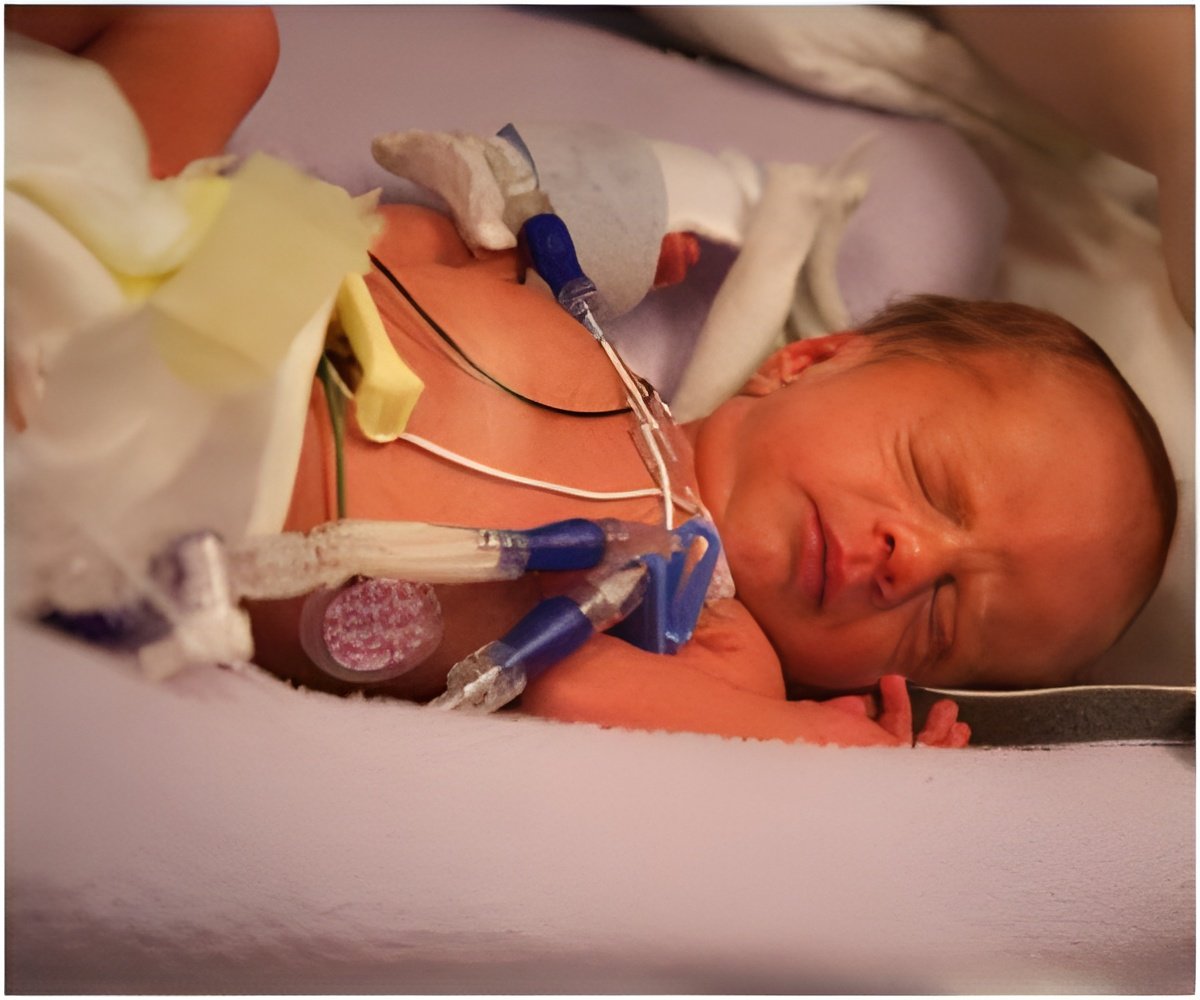
"The survival of extremely premature infants has improved considerably over the past three decades," said Jonathan Muraskas, MD, lead author, co-medical director, neonatal intensive care unit, Loyola University Health System, and professor, Loyola University Chicago Stritch School of Medicine. "Despite these survival rates, the number of infants born with severe or profound developmental disabilities remains high. This study sheds light on factors that may protect these infants."
These data come from a retrospective review over a 25-year period (1987-2011) of 87 successfully resuscitated infants at 23 weeks of pregnancy. Researchers studied the effects of poor prenatal care, race, gender, inflammation of fetal membranes, steroid use during pregnancy, delivery route and location, Apgar score, birth weight and multiple births on short- and long-term outcomes.
Forty-three percent of the infants in the study did not survive. And 88 percent of the survivors were evaluated at 2 years of age with 66 percent diagnosed with moderate to severe neurological impairment.
"There is no consensus on early treatment strategies that can accurately predict survival and profound developmental impairments based on observations in the first 48 hours of life," study authors noted. "Infants born 16 to 17 weeks early can survive but may have cerebral palsy, blindness and deafness and may require significant resources for the rest of their life. This study will help to identify those infants at risk and help us guide how we care for them."
Source-Eurekalert










